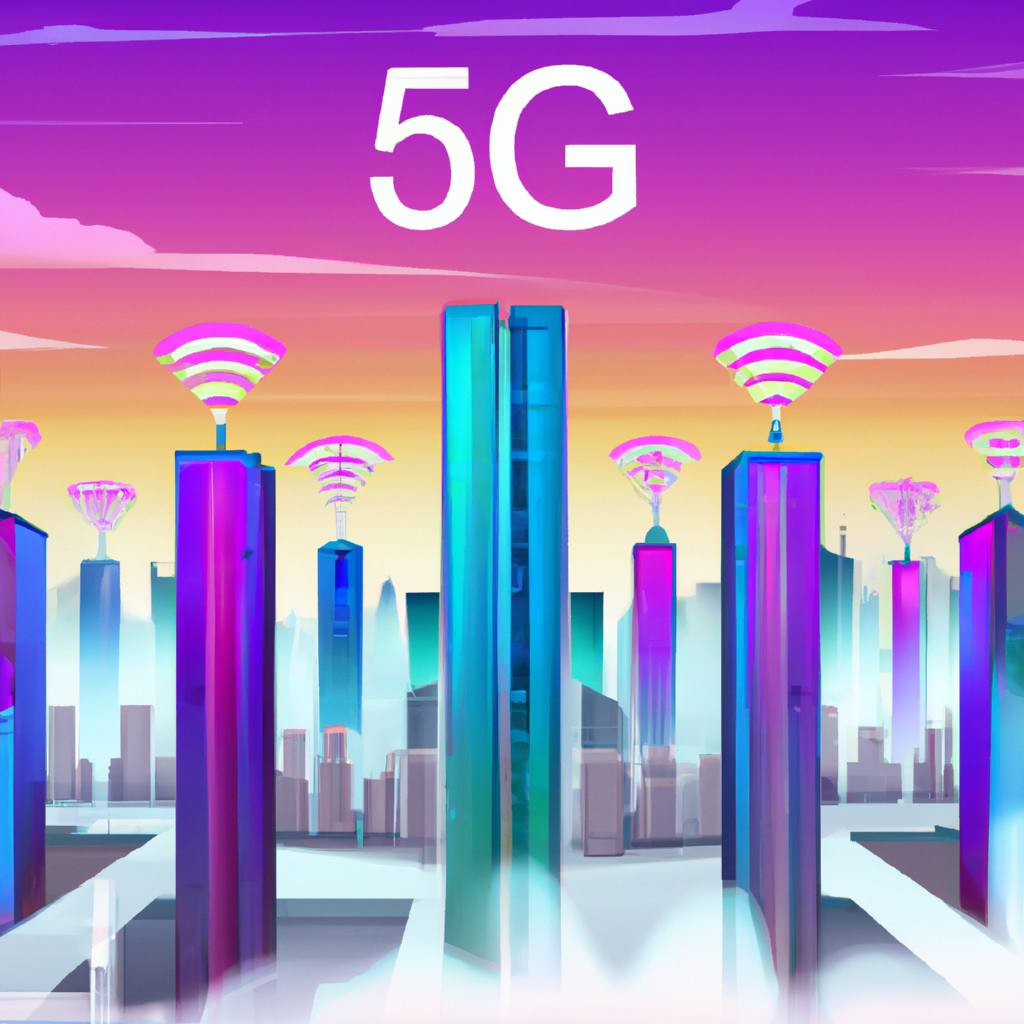| Key Takeaways |
|---|
| Evolution from 4G to 6G has marked significant advancements in mobile communication. |
| 5G technology has been a major leap with faster speeds, lower latency, and increased connectivity. |
| 6G is under development and promises further improvements, including higher speeds and smarter AI integration. |
| Transition from 4G to 6G is vital for supporting evolving digital requirements and innovative technologies. |
Introduction to Mobile Communication Evolution
As we navigated through the age of digital transformation, mobile communication technologies have rapidly evolved, changing how we connect, interact, and access information. From the days of 4G, which introduced us to high-speed internet on our mobile devices, we are now looking forward to the future possibilities with 6G technology. This journey signifies a remarkable shift in connectivity, opening new horizons for innovation and technology.
The 4G Era
4G technology, introduced in the late 2000s, was a breakthrough in mobile internet connectivity, offering speeds that allowed for seamless video streaming, gaming, and high-quality voice calls. It revolutionized the way we use our mobile gadgets, making it possible to consume digital content on the go. 4G laid down the foundation for the immersive digital experiences we enjoy today, setting a new benchmark for mobile communication.
Improvements over 3G
Compared to its predecessor, 3G, 4G provided significantly higher speeds and more reliable connections. This improvement meant that services reliant on high-speed internet, such as streaming platforms and online gaming, became more accessible and offered better quality to users worldwide.
Transition to 5G
The shift from 4G to 5G has been one of the most eagerly anticipated upgrades in mobile technology. Officially rolled out in many parts of the world, 5G promises much faster data download and upload speeds, extensive coverage, and more stable connections. Additionally, it has significantly lower latency, which is the delay before a transfer of data begins following an instruction for its transfer. This enhancement is particularly critical for real-time applications like virtual reality (VR) and augmented reality (AR), as well as for the Internet of Things (IoT) that powers smart home devices.
The Impact of 5G
5G technology is not just about speed but also about connecting everything more efficiently. It has the potential to support millions of devices per square kilometer, drastically improving the connectivity in densely populated areas. Furthermore, 5G is set to revolutionize industries by enabling smarter cities, remote healthcare, automated vehicles, and much more, thus fostering innovation and creating new opportunities.
Looking Toward 6G
While 5G is still in the process of global deployment, the industry is already looking ahead to 6G. Expected to be rolled out by 2030, 6G promises to build upon the advantages of 5G and to push the boundaries of digital connectivity even further. Predictions for 6G include remarkably higher speeds, lower latency, and smarter integration of artificial intelligence (AI) to manage network operations and traffic efficiently.
Potential of 6G
6G technology is anticipated to support even higher frequencies and provide even larger bandwidths, allowing for data transmission rates that could exceed those of 5G by tenfold or more. This could open up possibilities for more advanced VR and AR applications, truly wireless world experiences, and seamless AI services that could foresee user demands. With 6G, the focus is also expected to shift towards energy efficiency and integration with satellite networks, further broadening the scope of mobile connectivity.
Conclusion
The evolution from 4G to 6G technology represents a significant leap forward in mobile communication, promising to enhance how we live, work, and play. The transition is crucial for meeting the ever-increasing demands for faster, more reliable internet connectivity and for supporting the growth of new technologies and services. As we move closer to the next generation of mobile networks, the anticipation grows for the innovative opportunities it will bring to our digital world.
Shop Logics Technology
